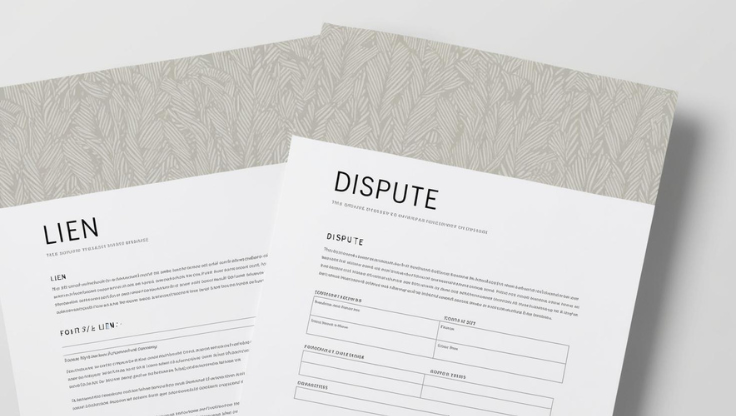 One way to defeat a subcontractor’s and materialmen’s lien remedy is to have an affidavit filed under O.C.G.A. 44-14-361.2(a)(2). That statute provides as follows:
One way to defeat a subcontractor’s and materialmen’s lien remedy is to have an affidavit filed under O.C.G.A. 44-14-361.2(a)(2). That statute provides as follows:
(a) The special lien specified in subsection (a) of Code Section 44-14-361 shall be dissolved if the owner, purchaser from owner, or lender providing construction or purchase money or any other loan secured by real estate shows that: . . .
(2)
(A) They or any of them have obtained the sworn written statement of the contractor or person other than the owner at whose instance the labor, services, or materials were furnished, or the owner when conveying title in a bona fide sale or loan transaction, that the agreed price or reasonable value of the labor, services, or materials has been paid or waived in writing by the lien claimant; and
(B) When the sworn written statement was obtained or given as a part of a transaction:
(i) Involving a conveyance of title in a bona fide sale;
(ii) Involving a loan in which the real estate is to secure repayment of the loan; or
(iii) Where final disbursement of the contract price is made by the owner to the contractor there was not of record, at the time of the settlement of the transaction a valid preliminary notice or claim of lien which had not been previously canceled, dissolved, or expired.
In a 1993 case, the Georgia Supreme Court had to decide whether the affidavit filed had to be true to defeat the lien remedy? Interestingly, they held that it did not have to be true; the affidavit merely had to comply with the statutory requirements “on its face”. (Of course, that doesn’t mean there can’t be consequences for perjury!)
In the case of DeKalb Cnty. v. J & A Pipeline Co., 263 Ga. 645, 648, 437 S.E.2d 327, 331 (1993), the Georgia Supreme Court held:
“Under the lien laws, an owner can defeat the subcontractors’ and materialmen’s alternative remedy by obtaining an affidavit from the general contractor which, on its face, comports with the statutory requirements of OCGA § 44–14–361.2(a)(2). If the owner fails to secure this affidavit or if the affidavit which the owner secures does not comport with the statutory requirements, the lien remedy is not defeated. If, however, the owner secures an affidavit which, on its face, does comport with the statutory requirements, the lien remedy will be defeated notwithstanding the falsity of the affidavit.”

